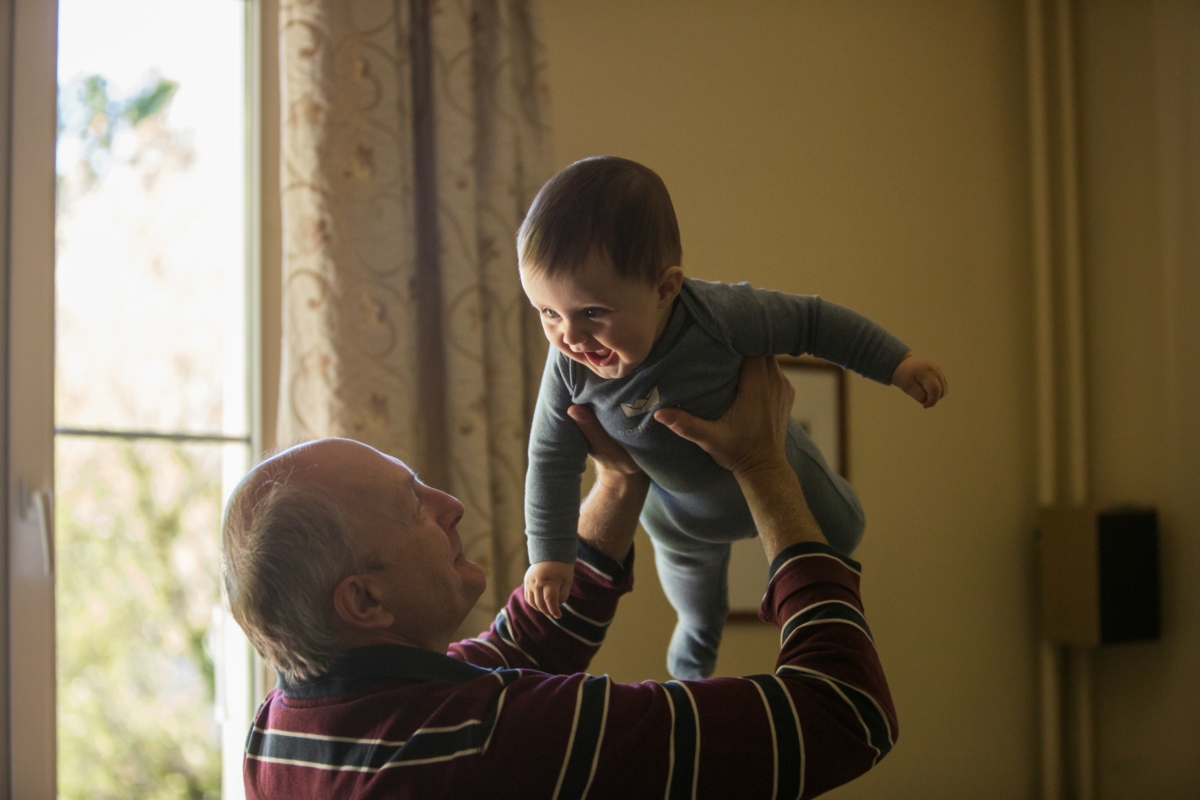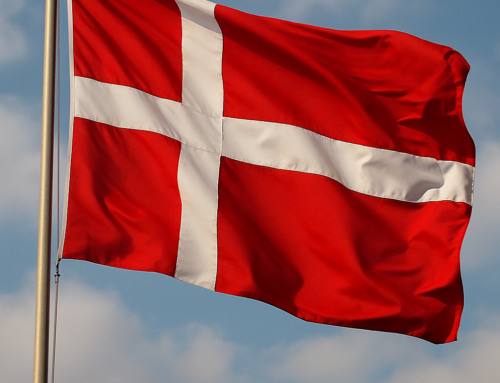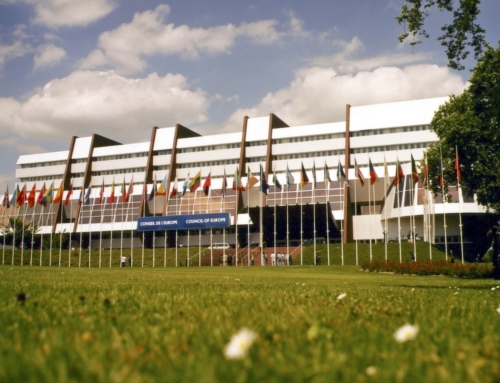Brussels, 15th March 2024
FAFCE warmly welcomes the debate on ageing which took place on Thursday 14th March at the European Parliament. MEPs highlighted the challenges of the demographic winter in Europe, which was also highlighted by the European Commission.
In the context of this demographic winter, FAFCE has long been calling for policies that combat isolation, particularly among the elderly. The family provides intergenerational solidarity, especially family networks who serve the common good of wider society.
Families are the best antidote to loneliness, as they hold the closest relationships to their elderly relatives, understanding how to provide them with care and compassion. Nobody deserves to be alone, to grow old alone, and to die alone.
The elderly serve families and society with invaluable wisdom and perspective. Through intergenerational solidarity and family links, society can construct knowledge-transfer, social cohesion and justice for all people.
Recalling FAFCE’s event on Family Skills, it is essential that particularly the digital transition does not exclude or discriminate against older persons. Health systems have to adapt and invest into families and a healthy lifestyle from childhood as well as in palliative care for incurable diseases. The social care systems also must adapt to provide better support for families of people living with forms of dementia, as the number of people in the EU living with dementia is expected to exceed 14 million by 2050.
FAFCE’s latest resolution called for, among several other demands, for EU institutions and member states to “recognise the valuable work and support of grandparents in the everyday well-being of children and youth, taking care responsibilities, and transmitting hope and experience of life to the younger generations; therefore, promote a culture of intergenerational solidarity and protection of our elderly as key assets in the struggle for mental health of children.”
In an Autumn 2022 resolution on Family unpaid care work: the heart of intergenerational solidarity, FAFCE urged EU member states to “fight prejudices and discriminations against stay-at-home parents, grand-parents and carers.”
FAFCE’s Autumn 2021 resolution on Families for sustainable and integral development “invites all to recognise and consider the grandparents as an integral part of the family.”
At the end of 2021, FAFCE and COMECE published a joint report on the role of the elderly in times of demographic change. The paper was titled The Elderly and the Future of Europe: Intergenerational solidarity and care in times of demographic change. In it, FAFCE states that “elderly people are a gift and a resource…they cannot be seen as separated from communities”.
The paper called for the EU to “transform the Covid-19 crisis into an opportunity for a shift of paradigm and for regenerating our way of thinking on the elderly”. Adding that “the elderly are an integral part of the family, a source of support and encouragement for the younger generations. They cannot be separated from society and relational networks.”








